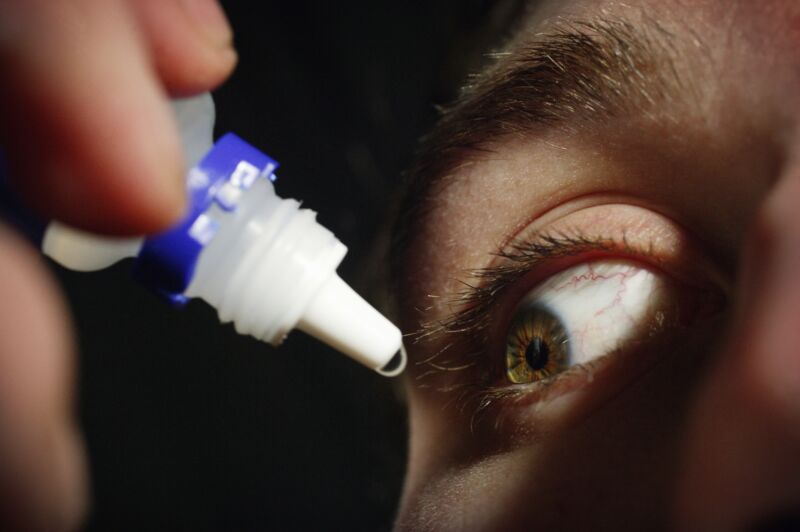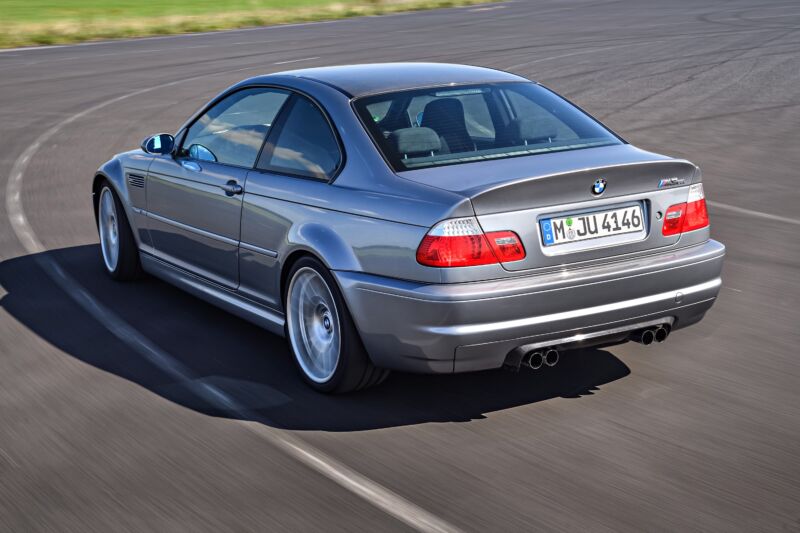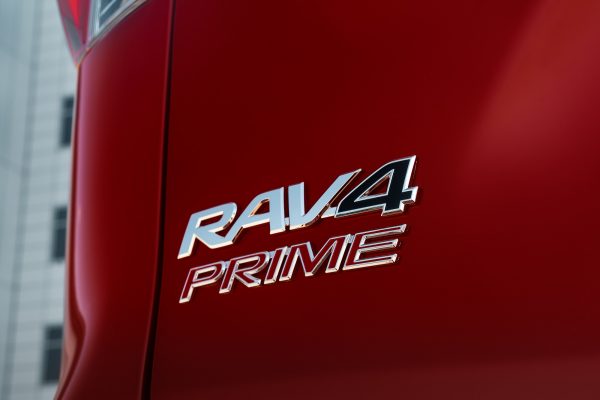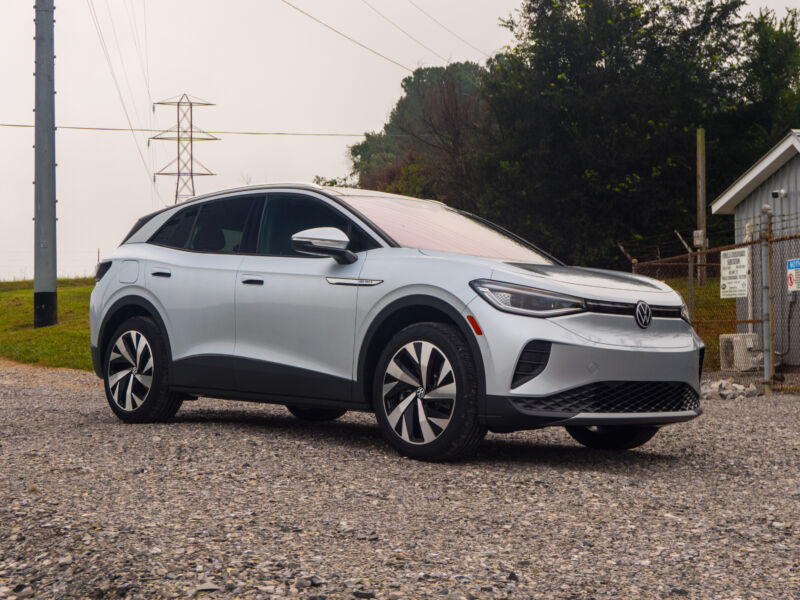-
 chevron_right
chevron_right
FDA warns of infection risk from 26 big-brand eye drops; stop using immediately
news.movim.eu / ArsTechnica · Monday, 30 October - 16:27

Enlarge (credit: Getty | UniversalImagesGroup )
The Food and Drug Administration is warning consumers to ditch 26 over-the-counter eye drop products found at big retailers—including CVS, Rite Aid, and Target—due to a risk of infection. Consumers should not buy any of the products and should immediately stop using them if they've already purchased them.
The products include Target's branded Up & Up Dry Eye Relief Lubricant Eye Drops and Up & Up Extreme Relief Dry Eye, as well as Lubricant Eye Drops and Lubricant Gel Drops branded by CVS Health and Rite Aid. The warning also includes eye drop products branded as Rugby and Leader (both from Cardinal Health) and Velocity Pharma. A full list can be found here , as can links to report adverse events.
In an advisory posted Friday, the FDA reported that no infections or adverse events have been linked to the products so far. But the agency said it "found insanitary conditions in the manufacturing facility and positive bacterial test results from environmental sampling of critical drug production areas in the facility."








